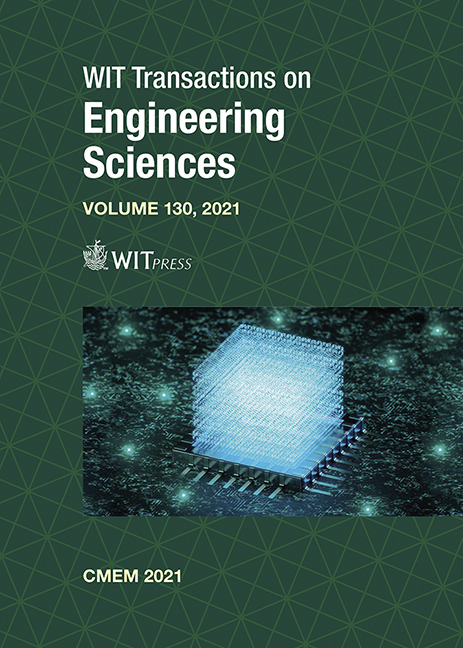OPTIMIZING A LIFE CYCLE ASSESSMENT-BASED DESIGN DECISION SUPPORT SYSTEM TOWARDS ECO-CONSCIOUS ARCHITECTURE
Price
Free (open access)
Transaction
Volume
130
Pages
12
Page Range
39 - 50
Published
2021
Paper DOI
10.2495/CMEM210041
Copyright
Author(s)
MAHMOUD GOMAA, TAREK FARGHALY, ZEYAD EL SAYAD
Abstract
Within the rapid growth of the energy demand of buildings, cities start to look at ways to shift towards more sustainable solutions that seek the reduction of energy consumption. In the last few decades, Egypt has witnessed a high rate of residential sector investments to accommodate the population inflation. As a result, such buildings in the residential sector consume the highest rates of energy exhaustion to meet the requirements of heating, cooling, and lighting; with the largest amount of burdens, the environment has to afford. Consequently, it is essential to consider energy control and careful analysis of environmental impacts as an essential part of the design of residential buildings. Life Cycle Assessment has gained significant attention in the study of energy control. It helps to analyze the energy patterns and environmental impacts of every single parameter engaged in the design of buildings. However, its complexity limits its integration into the conventional design process. Which lead to the need of engaging computer-aided design techniques and parametric approaches for the easiness of application. This research aims at developing a framework that achieves a reasonable integration between LCA and the traditional design process focusing on early design stages. It provides architects and designers with a structured methodology that enables them to achieve sustainability goals in their designs. The study follows a framework that firstly examines previous research on LCA. Secondly, it highlights the early design decisions and measures their effect on the final output using parametric tools. Lastly, it examines the validation of the developed framework by the implementation of a selected case study. This helps to carry out design optimization based on LCA in the design process.
Keywords
sustainability, LCA, environmental impacts, early design stages, parametric approach





